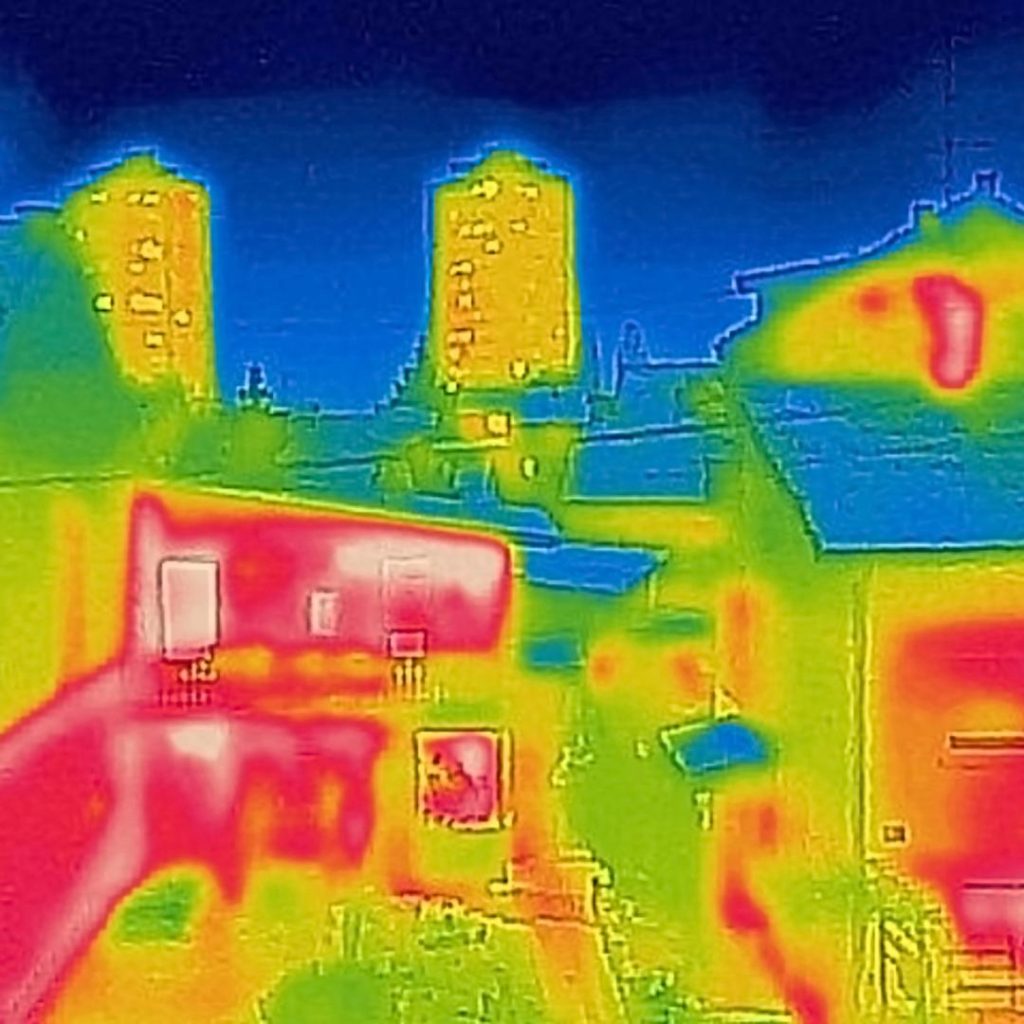Implementation of the EU Buildings Directive is a huge opportunity for Austria and the entire EU

New tailwind for thermal refurbishment and phasing out fossil fuels in the building sector throughout Europe thanks to the adoption of the EU Buildings Directive (EPBD).
The environmental protection organization GLOBAL 2000 is pleased that with the adoption of the EU Buildings Directive in Brussels, an important cornerstone of the European Green Deal is being implemented and sees great opportunities for Austria:
"The EU Buildings Directive is a huge opportunity for Austria, as we can create jobs and reduce climate-damaging greenhouse gas emissions by modernizing our building stock. However, this is only possible if it is now implemented by the federal and provincial governments in the best possible way. The first thing to do now is to draw up a clear roadmap for phasing out fossil fuels in the building sector and to set up a contact point for advising citizens so that they can obtain all the information they need and implement projects quickly," demands Johannes Wahlmüller, climate and energy spokesperson for GLOBAL 2000.
Buildings are the biggest energy consumers in the EU
Buildings account for 40% of the energy consumed in the EU, which means they are responsible for more than a third of greenhouse gas emissions. Thermal refurbishment and the conversion of fossil heating systems is therefore one of the most important climate protection measures in Europe. 75% of the European building stock is in a poor state in terms of energy efficiency. In Austria, 40% of the building stock is also considered to be in need of renovation.
The EU Buildings Directive contains many sensible measures and gives national states important scope for implementation in order to bring the building stock into a good condition. For example, all member states must modernize buildings in particularly poor condition ("worst performing buildings") first, create contact points for advising citizens ("one-stop stores") and define minimum requirements for thermal quality. All countries must also draw up plans for renovating their building stock and phasing out fossil fuel heating systems.
GLOBAL 2000 sees some of civil society's proposals reflected here, even if many weakenings were made in the political process:
"The minimum requirements for the thermal condition of buildings will initially only apply to non-residential buildings and the definition of buildings in poor condition is too vague, which makes it difficult to target the renovation of particularly poorly insulated buildings. Nevertheless, it is now up to Austria to fill the requirements with life and get effective implementation underway," concludes Johannes Wahlmüller.
Info
The European Green Deal will be discussed at a high-profile event at the Blumenfabrik on April 22. The event "the past and the future of the Green Deal" is organized in cooperation with the EU Environmental Bureau. Information and registration at: https://www.global2000.at/events/european-green-deal






